Table of contents
Just because you have PCOS doesn't mean you can't lead a healthy lifestyle. Polycystic ovarian syndrome manifests itself in the form of irregular menstruation, excess and unwanted hair growth, weight gain, acne, infertility, and depression. But on the bright side, you must remember that it's possible to reduce the intensity of PCOS symptoms and maintain good health.
In this article, we are going to talk about 5 lifestyle strategies that will help you lead a healthy lifestyle.
Physical Activities to Mitigate PCOS Symptoms
Being physically active can improve your brain health, help manage weight, reduce the risk of disease, strengthen bones and muscles, and improve your ability to do everyday activities. You can try different types of physical training to keep your weight under control, improve fertility, and reduce the severity of PCOS symptoms. While there is no specific roadmap for which exercises you should do, try to combine a bit of everything in your regime. It may include cardio, like jogging, cycling, or swimming. These exercises prevent cardiovascular diseases and type 2 diabetes, and help manage PCOS when done regularly.
If you intend to reduce insulin resistance, strength training could be the solution for you. You might also focus on building core strength—it prepares your body for pregnancy and improves your sexual health. The exact type of exercise you choose is not important here. What's important is that you do your exercises regularly, and have fun while doing them. That way, you'll not only lose weight and gain strength, but you'll also keep away anxiety.
Harmonizing Hormones with PCOS-Friendly Foods
To live a healthy life when you have PCOS, you need to change your eating habits. No, we are not telling you to cut off all your favorite items from the list and eat only boring food—the secret lies in finding a balance. Include anti-inflammatory food like green veggies, salmon, mackerel, tomatoes, cherries, oranges, walnuts, almonds, etc. in your diet to give your health a boost. Whole grains are also good for your diet, as they do not spike up blood sugar levels.
When you are mindful about what you eat, you will lose weight, your body composition will improve, so automatically, your PCOS symptoms will remain under control. Try to avoid processed or packaged food as much as possible, and replace them with natural alternatives.
Natural PCOS Care: Supplements and Lifestyle Tweaks
Managing PCOS has many different aspects and there is no one size fits all approach. Making small lifestyle changes and using natural solutions are great ways to tackle PCOS. Apart from healthy eating and regular exercising, you might add natural dietary supplements like Ovofolic to your everyday routine.
Brought to you by Elan Healthcare, Ovofolic is a safe supplement specially made for those suffering from PCOS. It increases progesterone and serotonin levels, supports your menstrual cycle, improves fertility, reduces cholesterol levels, and makes the symptoms of PCOS a lot more manageable.
Stress and PCOS: Techniques for Inner Calm
Stress can trigger multiple health issues, affecting both your mental and physical well-being. A little bit of stress is a part of the modern lifestyle, but when it becomes long-lasting and you find yourself stressed all the time, you need to do something about it. Among other diseases, stress can aggravate PCOS symptoms too. So if you've already been diagnosed with the condition, stress management is a necessary step you should take to look after yourself.
There are many things you can do to keep stress levels under control. Take out some time every day to practice meditation, yoga, or any form of mindfulness that brings you a sense of calmness. It helps you relax and prevents intruding thoughts and tensions from disrupting your mental peace. Besides regular exercises, try going on walks to clear your mind and relieve stress. When you implement these healthy habits into your schedule, the cortisol levels in the body will remain under control, keeping stress at bay.
Sleep Well: The Role of Rest in PCOS Management
This may sound like cliché advice, but sleep is more important than you think, especially for people living with PCOS. Having a regulated sleep schedule is super important to stay healthy—even the slightest disturbance to your sleep routine can have a big impact on your well-being. Both oversleeping and lack of sleep are alarming. If you tend to sleep unnaturally long hours, it could be because of the high levels of carbs present in your diet. And if you don't get enough sleep, insulin resistance could be the reason.
Obstructive sleep apnea is a condition that PCOS patients often suffer from. In this condition, the muscles located at the back of your throat become too relaxed while you're sleeping, and prevent normal breathing. As a result, you don't get enough oxygen, and your sleep becomes disrupted. Some of the key causes of sleep apnea are high testosterone levels in the body and obesity. So no matter which type of sleep disturbances you're experiencing, it's important to address the problem, talk to your healthcare provider and solve the issue from its roots. Once your sleep schedule becomes normal, managing PCOS becomes easier.
Final Thoughts
4%-20% of women of reproductive age are affected by PCOS, so you are definitely not alone. Always remember that with small but consistent efforts, you can keep PCOS in check, improve your reproductive health, and enhance your fertility. Stay patient, and give your body some time to adjust to the lifestyle changes you are making. And as you start to implement these strategies, you'll slowly notice a positive impact on your body—your overall mental and physical well-being will also improve by a great measure.
So start your journey towards healing, today!



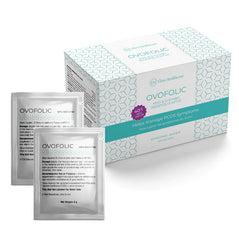

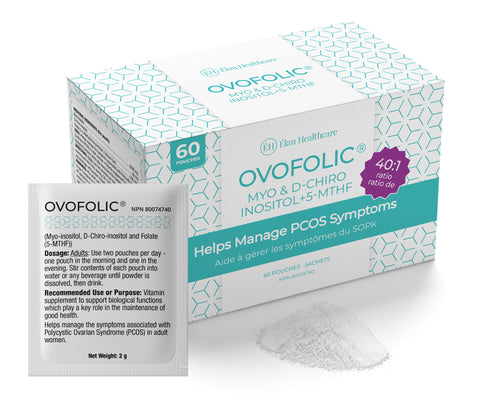
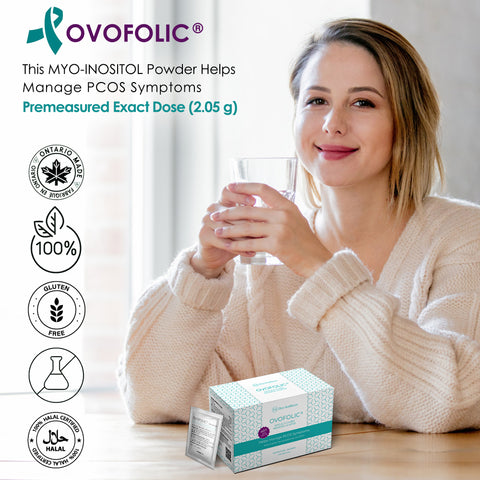


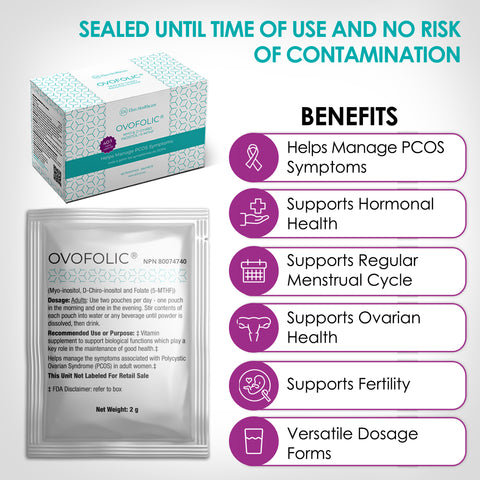
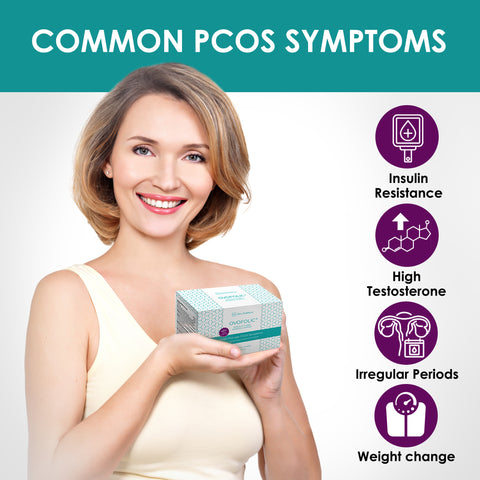
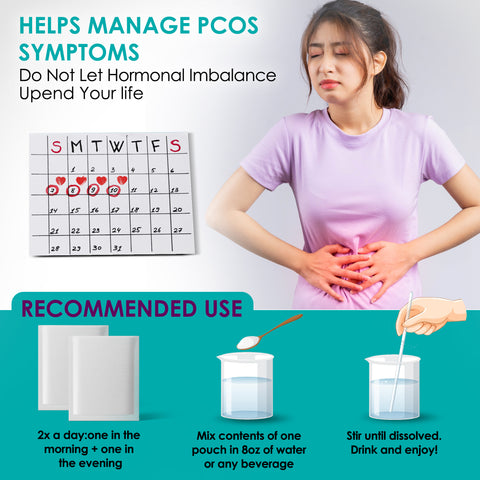
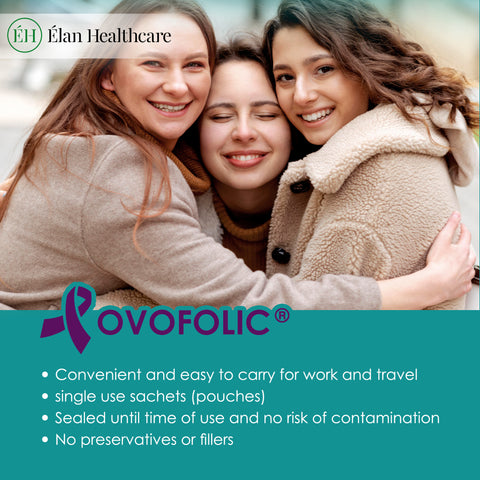
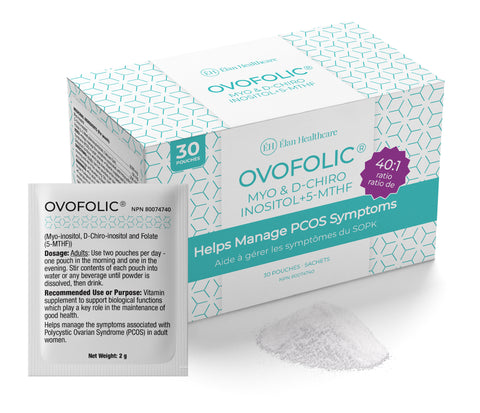










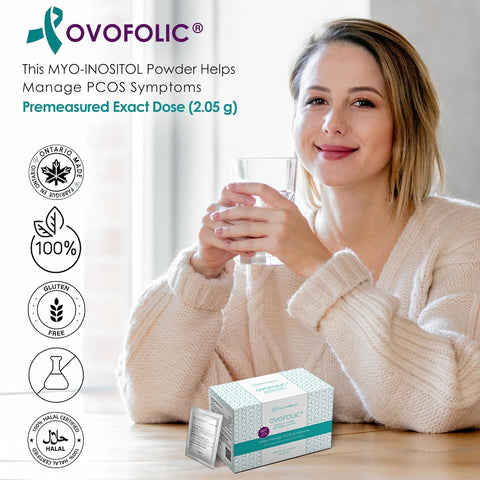


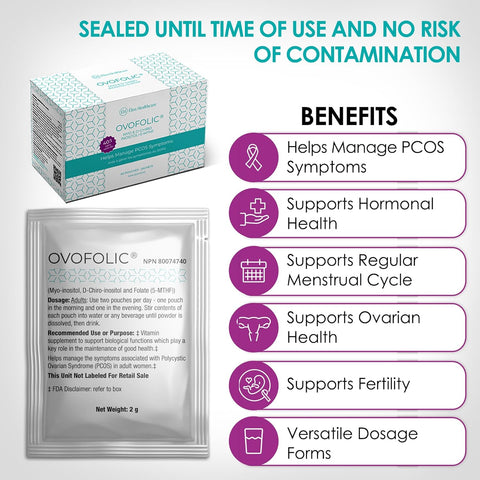
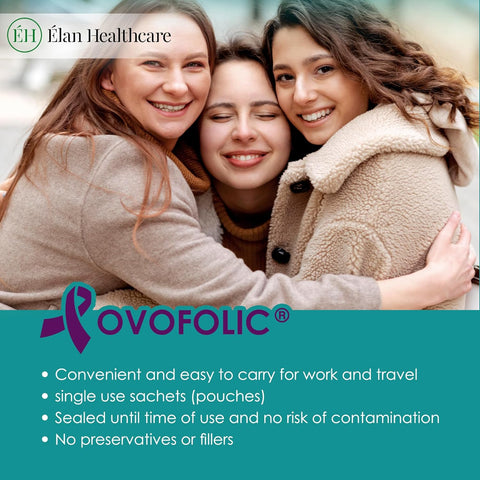
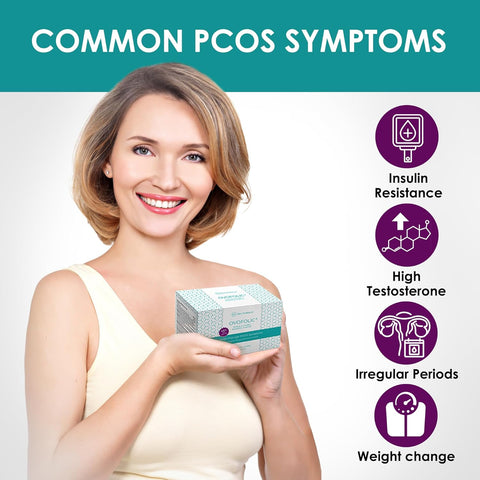
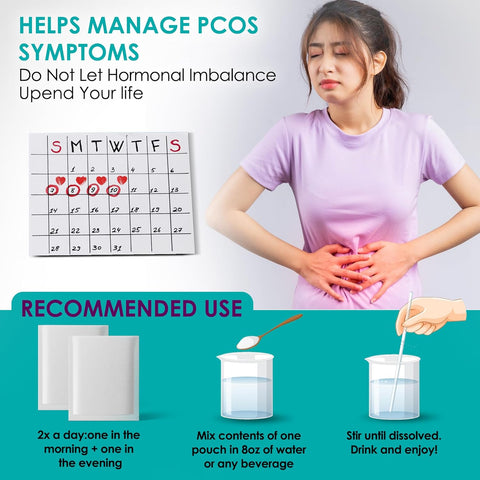


No comments yet.
There are no comments for this article. Be the first one to leave a message!
+ Open to leave a Comment